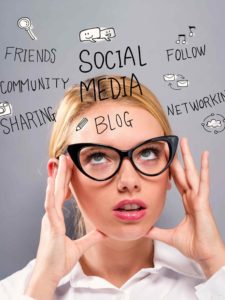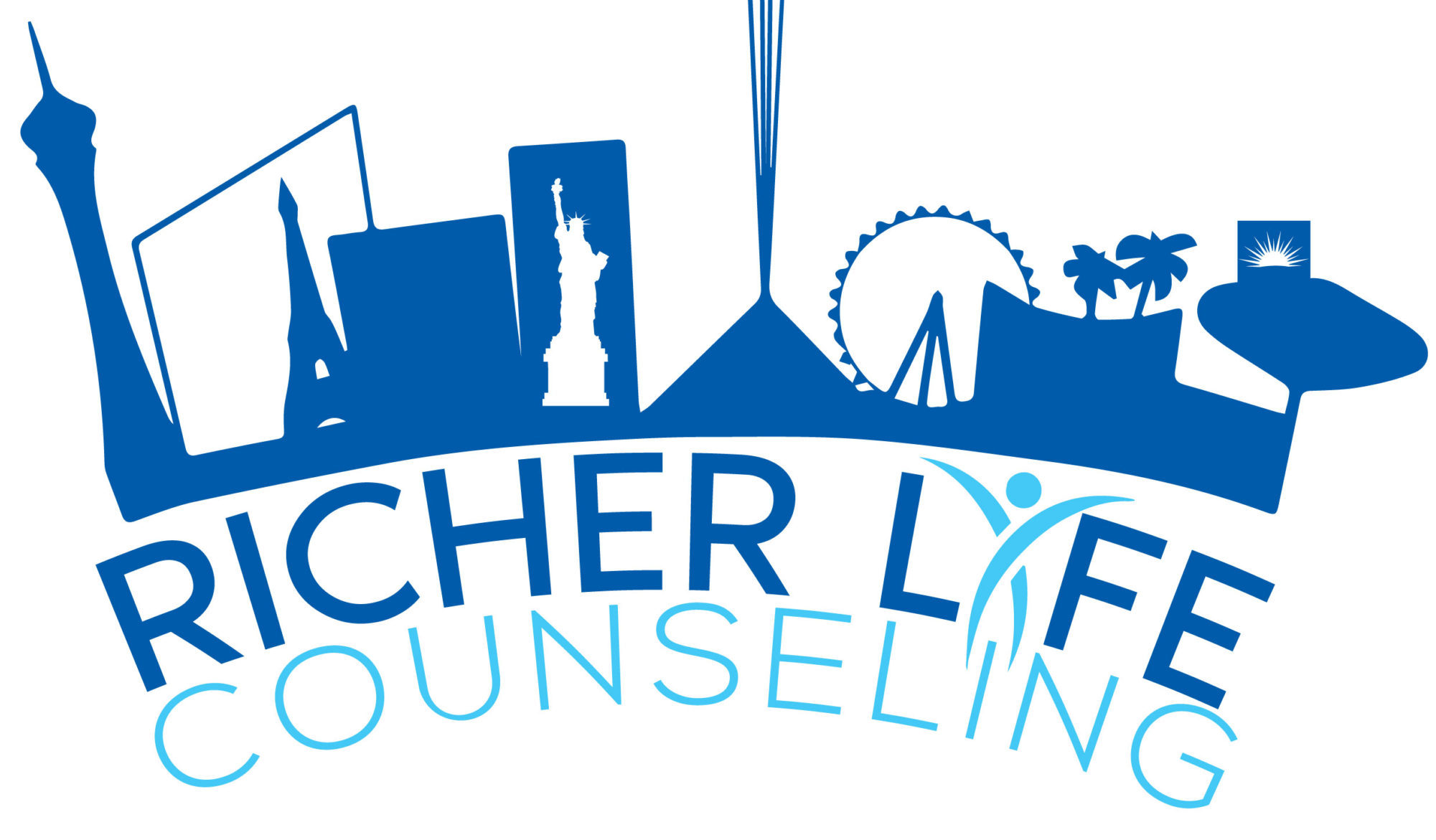Social media…..
I have a love-hate relationship with social media. On one hand, it’s a way to share pictures and stories with others quickly with many people. It’s how I’m sharing this blog with you now and that’s good! It keeps us connected and can help us share important things. On the other hand, it increases anxiety and can lead to depression. Be a platform to argue and bully others and for some, leads to low self-esteem and body image issues due to the constant comparison to others. When clients discuss with me their desire to live like those they see in the newsfeed, I remind them that many people live what I call “a Facebook life” or an “Instagram life.” What do I mean by this? I mean that a lot of people are putting their best image out for others to see and avoiding what reality might be. For most people, it’s hard to let others know their struggles–and I’m not suggesting or encouraging that social media is the way to tell people–but showing off a brand new car or expensive vacation is often discouraging for the friend or family member who can barely pay rent.
Some Issues With Social Media

Let’s examine some of the social media issues we have today:
- Lost time spent repeatedly looking through each app
- Losing time doing something productive
- Procrastination–that project or assignment due date won’t change because you were spending hours on social media.
- An obsession about how many likes and followers you have (or sadness about how few you have)
- Privacy is compromised
- Neglecting responsibilities
- Eliminates face-to-face communication thus possible misunderstandings
- Potential to isolate (My family doesn’t get me but my followers do)
- Possible connections with fake identities (think the TV show “Catfish”).
- FOMO (fear of missing out)
- Pressured into sexy pictures and sexting
- Infidelity
According to Richard Maxwell, Ph.D. and Toby Miller, Ph.D, adolescents are experiencing nomophobia, a term used to describe the phobia experienced when not having one’s mobile device (no-mobile phobia). This phobia is driven by the fear of disconnection and the need to display oneself (selfies). Brene Brown, PhD, LMSW, a research professor at the University of Houston, has found through her research that “We are hardwired to connect with others, it’s what gives purpose and meaning to our lives, and without it there is suffering.” When social media is absent, and one sees this as their form of connection, they then experience feelings of loneliness and unhappiness. This demonstrates the need for real, face-to-face relationships. It’s important to have true, trusted connections with others.
Social Media and Anxiety
Social media users are at risk of feeling anxious and depressed. One may ask themselves that constant question, “how do I measure up?” For example, with so much talent being recognized on TikTok, it may be difficult to know “where you fit.” If you’re unfamiliar with TikTok, it is a social media app where one can share just about anything from music, lip-syncing, dancing, art, comedy (just to name a few) but BEWARE, adults are on this app alongside your children and some adults post inappropriate content. Some TikTok users post videos that trigger something for a viewer, such as those struggling with eating disorders.
How To Take A Break
If I were to write a letter to social media, it would read something like this:
Dear Social Media,
Let’s take a break.
My relationship with you has made my anxiety and depression increase. I now have a very negative self-image because I keep comparing myself to others. I don’t sleep as well as I used to and people tell me I seem irritated. I find myself obsessed with how many likes I can get. I no longer see my friends face-to-face or socialize like I used to. Speaking of friends, I think I probably have too many fake friends. I have “friends” I don’t even know and I have no idea what they do with the pictures and videos that I post and now I’m anxious about my privacy. I really should be more careful. Even though I have you, I am still lonely. My work performance (or grades) has dropped because I always want to see what I am missing out on with you. I’m stuck in a bad cycle. Maybe someday I can find a balance between you and the other parts of my life, but for now, I think it’s time we break up.
Signed,
Me.
Tips for Parents
Know all the apps that your child is using, know their user name for all apps and then follow them. Check their phone for inappropriate content. It’s okay to have rules about social media. Have open conversations; assure them they can come to speak with you if they have seen something that upsets them. Be aware that many kids, mostly adolescents, have fake accounts their parents are unaware of, for example, a fake Instagram account is called a Finsta. For more information on internet safety, the “Rules n’ Tools” checklist created by the “Enough is Enough” an organization committed to internet safety.

If you’re reading this and thinking it strikes true for you, or if you have a concern about a friend or family member, I encourage you to take a break from social media. If taking a break seems too difficult perhaps even impossible, then there may be a bigger issue and seeking the help of a therapist may be the best approach. Be aware that what you follow on social media may trigger negative emotions and result in unwanted behaviors. If you’re unaware of what your triggers are, seeking therapy is an excellent first step in becoming more aware.
Contact us today by calling or texting 702-518-1546, email, or booking a session by hitting the appointment request button. We can normally get you into a session within 24 or 48 hours.
We offer both online therapy (learn more about online therapy here) and in-person therapy at our Las Vegas office. Our office is located in West Las Vegas right off the 95 & Rainbow. Our address is 222 S. Rainbow Boulevard | Suites 113-114 |Las Vegas NV 89145
- What Is Your Banana? - August 10, 2021
- Premarital Counseling - June 24, 2020
- Why Therapist Ask: How Does That Make You Feel? - June 2, 2020

